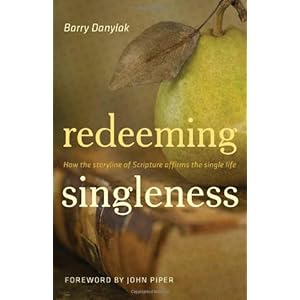So how are those new year’s resolutions coming along then? It’s now the end of January, and if you’re anything like me, you’ve probably long since forgotten that you even made any. We’re often so full of good intentions, and sometimes we even manage to put a few of them into practice, but eventually we always run into our own limitations – resolutions fizzle out, our energy ebbs away, we discover the limits of our own abilities. We’re finite creatures and ultimately, however much we might try and deny it, we’re fundamentally needy: we’re unable to be all that we want to be and we’re dependent upon grace from outside ourselves.
That’s why I love one of the big themes of John’s gospel: Jesus’ fullness. We are empty and needy, but Jesus is the one who is full within himself, and he longs to share that fullness with us. John 1:16 puts it like this: “from his fullness we have all received, grace upon grace.”
This fullness of Jesus is beautifully illustrated in John chapter 2 at the wedding in Cana. The bridegroom is at risk of being seriously embarrassed: his need and his finiteness is brought to the fore when he runs out of wine, a serious faux pas at a Jewish wedding at that time. Jesus’ mum throws him in the deep end and gets him to help out, and so reluctantly he tells the servants to fill six stone water jars with water, which he promptly transforms into wine of outstanding quality – so good that the master of the feast can’t help but comment on it. This is no Chateaux Le Plonk. And how much does Jesus make of the stuff? Well, we’re told that each of these jars holds between 20 and 30 gallons, and there are six of them. Let’s call that 25 gallons each, or about 680 litres. That’s 900 bottles of wine!!! And people think of Jesus as a party pooper!
It’s an absurd volume of wine, and I think the picture is abundantly clear, isn’t it? Life with Jesus is one of overflowing grace. Ludicrous fullness that can hardly be contained. It’s a little picture of what heaven will be like – a glorious banquet, a place of abundance where sin and death and sadness and emptiness is no more. Listen to these words from the prophet Isaiah:
“On this mountain the LORD of hosts will make for all peoples
a feast of rich food, a feast of well-aged wine,
of rich food full or marrow, of aged wine well refined.
And he will swallow up on this mountain
the covering that is cast over all peoples,
the veil that is spread over all nations.
He will swallow up death for ever” (Isaiah 25:6-8)
Jesus gives out of his fullness: “from his fullness we have all received, grace upon grace.” And so my emptiness and my neediness and my finite limitations are irrelevant. In fact, recognising them is a positive thing, since they serve to make me all the more ready to receive what Jesus has to offer. It’s wonderful news for needy people like me, and that’s why Jesus is my hero.


